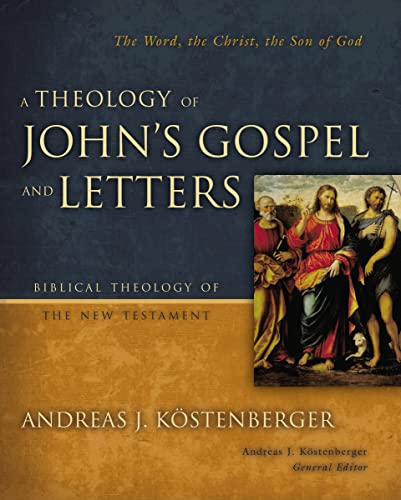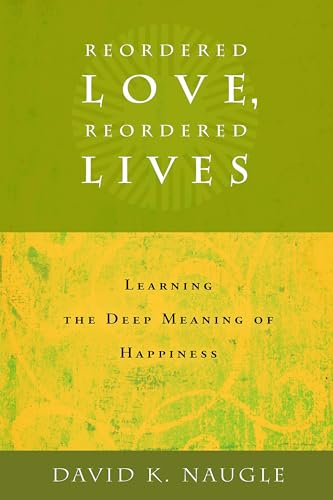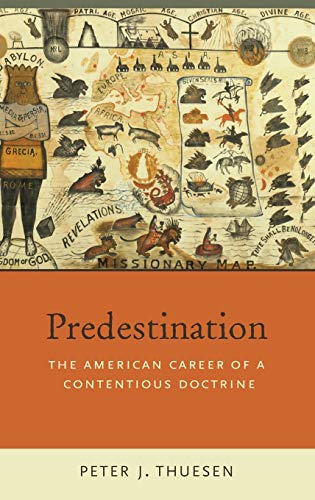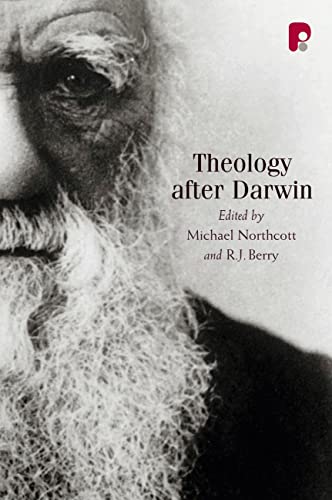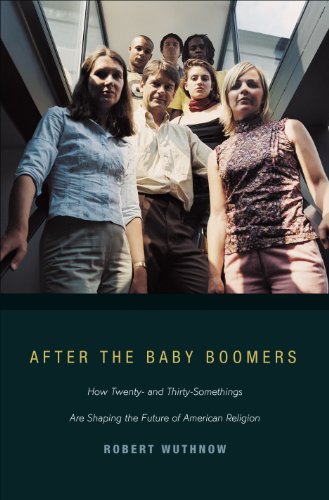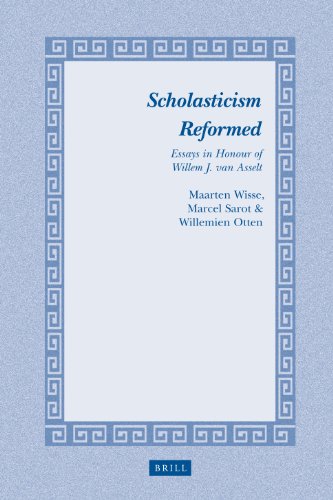A Theology of John’s Gospel and Letters: The Word, the Christ, the Son of God
Written by Andreas J. Köstenberger and Terry L. Wilder, eds. Reviewed By Colin G. KruseThis is the first of eight projected volumes in a new series of studies of the writings or groups of writings of the NT under the general title Biblical Theology of the New Testament (BTNT). This first volume, A Theology of John’s Gospel and Letters, is contributed by Andreas Köstenberger, director of PhD studies and professor of New Testament and biblical theology at Southeastern Baptist Theological Seminary. He is editor of JETS and also the series editor of this new BTNT series. He is the author of Encountering John: The Gospel in Historical, Literary and Theological Perspective (Baker, 1999) and John in the BECNT series (Baker, 2004).
The series preface defines the nature of biblical theology as follows: ‘In essence, Biblical Theology engages in the study of the biblical texts while giving careful consideration to the historical setting in which a given piece of writing originated. It seeks to locate and relate the contribution of the respective biblical documents along the lines of the continuum of God’s salvation-historical program centered in the coming and salvific work of Christ. It also endeavors to ground the theological exploration of a given document in a close reading of the respective text(s), whether narrative, discourse, or some other type of literature.’
The stated intention for each volume is that it include a survey of recent scholarship and the state of research; a treatment of the relevant introductory issues; a thematic commentary following the narrative flow of the document(s); a treatment of important individual themes; and discussions of the relationship between a particular writing and the rest of the NT and the Bible.
This first volume, A Theology of John’s Gospel and Letters, consists of four parts: (1) the historical framework for Johannine theology, which deals with the historical setting of John’s Gospel and letters; (2) literary foundations for Johannine theology, which discusses the genre of John’s Gospel and letters, their linguistic and literary dimensions, and a literary-theological reading of John’s Gospel and letters; (3) major themes in Johannine theology, including John’s worldview and use of Scripture, the Messiah and his signs, the world, God, salvation history, the cosmic trial motif, the new messianic community, the Johannine love ethic, John’s theology of the cross, and John’s trinitarian mission theology; and (4) Johannine theology and the canon of Scripture, which compares the theology of John to other NT writers.
This book fulfils admirably the intention of the series. It discusses recent scholarship and the state of research comprehensively and fair-mindedly, and it carefully assesses differing views while leaving the reader in little doubt about the author’s own opinions. Chapters 4 and 5 provide about 100 pages of literary-theological commentary on the text of John’s Gospel and letters with many valuable exegetical and theological observations. Many readers will find chapters 6–15, where Köstenberger discusses the major themes on Johannine theology, to be the most original contributions of the book. The final chapter briefly compares the theology of John with other NT writers. This reviewer would have appreciated a fuller treatment of these comparisons, but maybe this is asking too much. Perhaps, when the eight volumes of the series have been completed, a ninth volume could provide a detailed comparison of the theologies of the various NT writings or groups of writings.
Colin G. Kruse
Bible College of Victoria
Other Articles in this Issue
Most of us, I suspect, develop fairly standard ways, one might even say repetitive ways, to appeal to the motivations of our hearers when we preach the gospel...
How to Write—and How Not to Write—A Review: An Appreciative Response to Reviews of Ancient Near Eastern Themes in Biblical Theology by Dempster and Edgar
by Jeffrey J. NiehausI want to thank Themelios for the unusual opportunity to interact with two reviewers of my book Ancient Near Eastern Themes in Biblical Theology...
Parallels, Real or Imagined? A Review Article of Jeffrey J. Niehaus, Ancient Near Eastern Themes in Biblical Theology
by William EdgarWhen I came to Westminster Theological Seminary in Philadelphia as a young student in the 1960s, two things struck me...
Why Evangelicals Should Ignore Brian McLaren: How the New Testament Requires Evangelicals to Render a Judgment on the Moral Status of Homosexuality
by Denny BurkIn 2006 on Christianity Today’s leadership blog, Pastor Brian McLaren urged evangelical leaders to find a “Pastoral Response” to their parishioners on the issue of homosexuality...
A Member of the Family or a Stranger? A Review Article of Jeffrey J. Niehaus, Ancient Near Eastern
by Stephen DempsterWe cannot overstate how important knowing the context is for understanding the significance of any communication, whether that is a simple word, sentence, paragraph, larger text, sign, photograph, or cultural cue...


